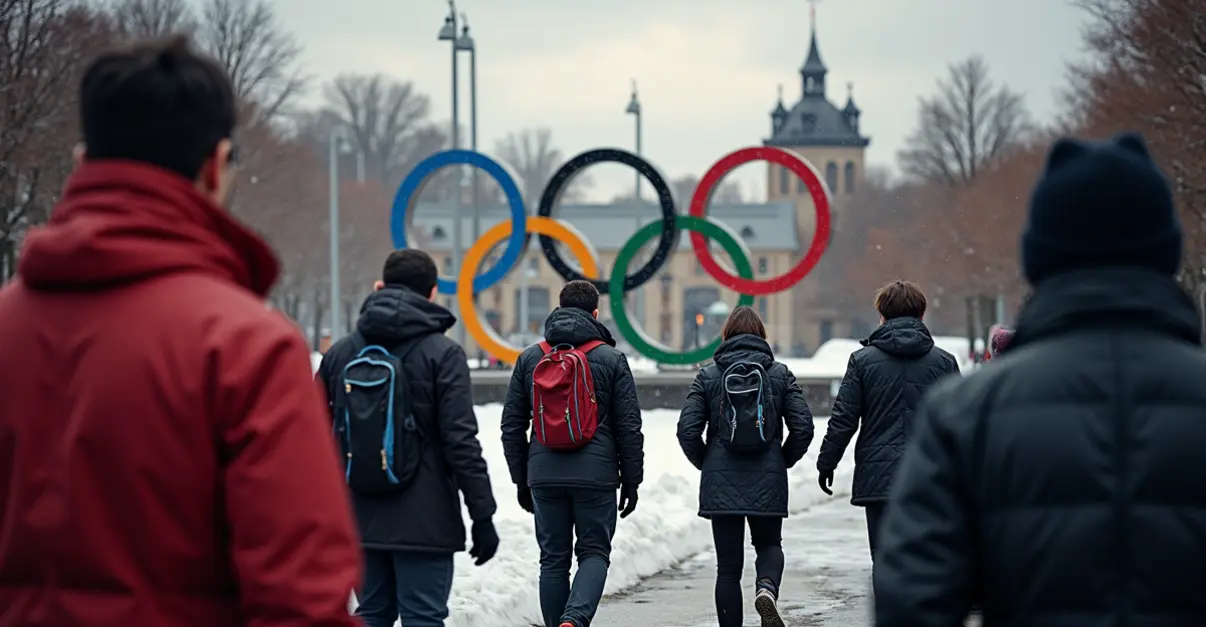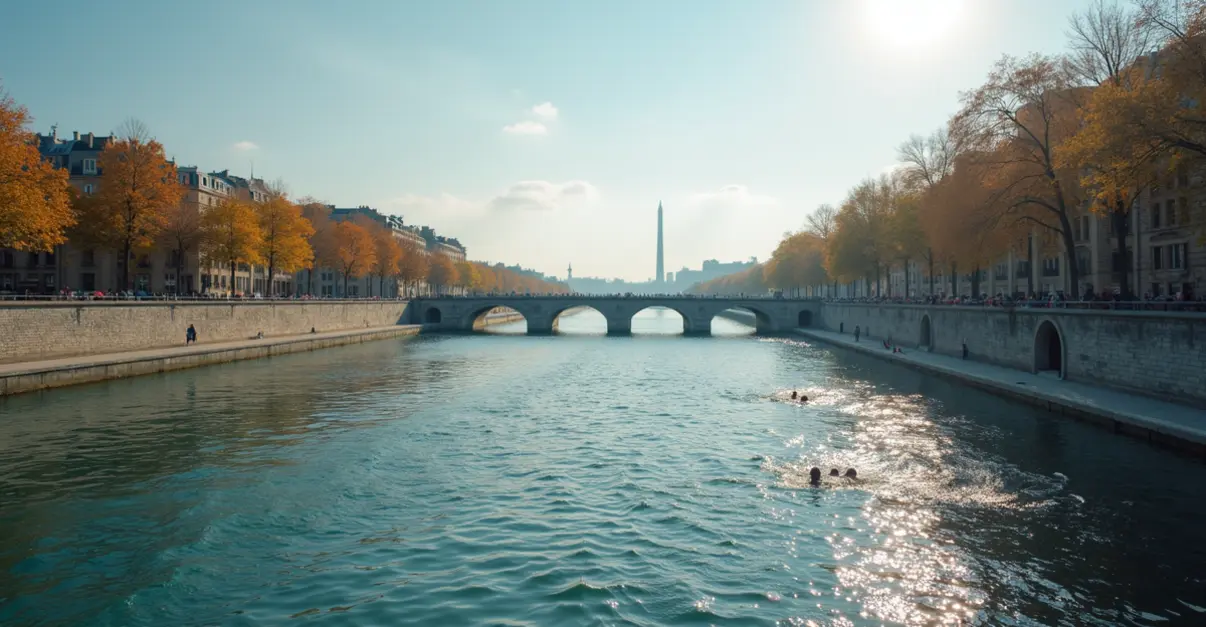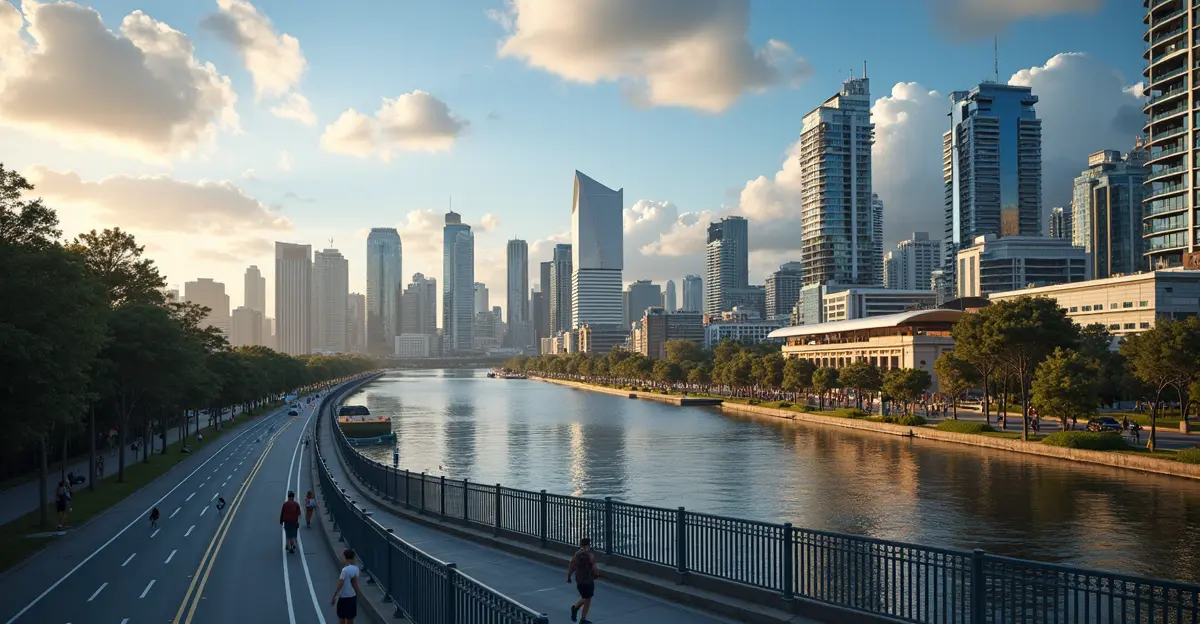Historic Referendum Paves Way for Olympic Return
Munich residents have overwhelmingly voted in favor of bringing the Olympic Games back to their city, with 66.4% supporting a bid for the 2036, 2040, or 2044 Summer Olympics. The referendum, held on October 26, 2025, saw record voter turnout of 42% - the highest in Munich's referendum history - with more than 460,000 citizens participating in the democratic process.
'This is a wonderful day for Munich,' declared Mayor Dieter Reiter, celebrating the successful outcome. 'We have shown that our city stands united behind this vision.' Bavarian Prime Minister Markus Söder echoed the sentiment, stating 'Fantastic - now we need to push forward with determination.'
Overcoming a Painful Legacy
The decision marks a significant moment for a city still haunted by the 1972 Munich Olympics, which were overshadowed by the Munich massacre where Palestinian terrorists from the Black September group took Israeli athletes hostage, resulting in the deaths of 11 Israelis, one German police officer, and five of the eight attackers.
Supporters of the new bid have deliberately focused on the positive aspects of hosting, emphasizing that Munich already possesses much of the necessary infrastructure from the 1972 Games. 'We want to create Games with Heart and Soul,' explained bid organizer Thomas Bach Jr., 'focusing on sustainability and using 90% of existing venues within 30 kilometers of the Olympic Village.'
German Olympic Competition Heats Up
Munich faces domestic competition from three other German regions: Berlin, Hamburg, and the Rhine-Ruhr metropolitan area including Cologne and Düsseldorf. The German Olympic Sports Confederation (DOSB) will select the national candidate in autumn 2026, with the chosen city then proceeding to International Olympic Committee consideration.
German IOC member Michael Mronz sees the internal competition as beneficial: 'Just like in sports, competition inspires and leads to the best results. Each city brings unique strengths to the table.'
Cost Concerns and Opposition
Despite the overwhelming support, critics remain concerned about the estimated €18-21 billion price tag. Vice President Ludwig Hartmann of the Bavarian state parliament warned: 'We will closely monitor whether the organizers adhere to their agreements regarding costs, sustainability, and transparency. Taxpayer money could be better spent on other priorities.'
Opponents have pledged to respect the referendum outcome while maintaining vigilance. The successful vote represents a breakthrough for German Olympic ambitions, as previous bids have failed due to public opposition, including Munich's narrow rejection of the 2022 Winter Games bid in 2013.
IOC Process Under Review
The timing of Munich's potential Olympic return remains uncertain due to ongoing reforms within the IOC. New President Kirsty Coventry, the first woman to lead the organization, has paused the bid process to review election procedures and member involvement.
'The IOC is taking this opportunity to reassess what makes the most sense for future host selection,' Coventry stated recently. The review follows concerns about the timing of Games awards and member engagement in the process.
Internationally, Munich faces competition from potential bidders including Qatar, India, and possibly Saudi Arabia. The successful referendum gives Munich a significant advantage in demonstrating public support, a crucial factor in modern Olympic bidding.
As Munich celebrates this democratic victory, the city now awaits the DOSB's decision next year and the eventual IOC verdict, hoping to write a new, positive chapter in its Olympic history more than half a century after the tragic events of 1972.

 Nederlands
Nederlands
 English
English
 Deutsch
Deutsch
 Français
Français
 Español
Español
 Português
Português










